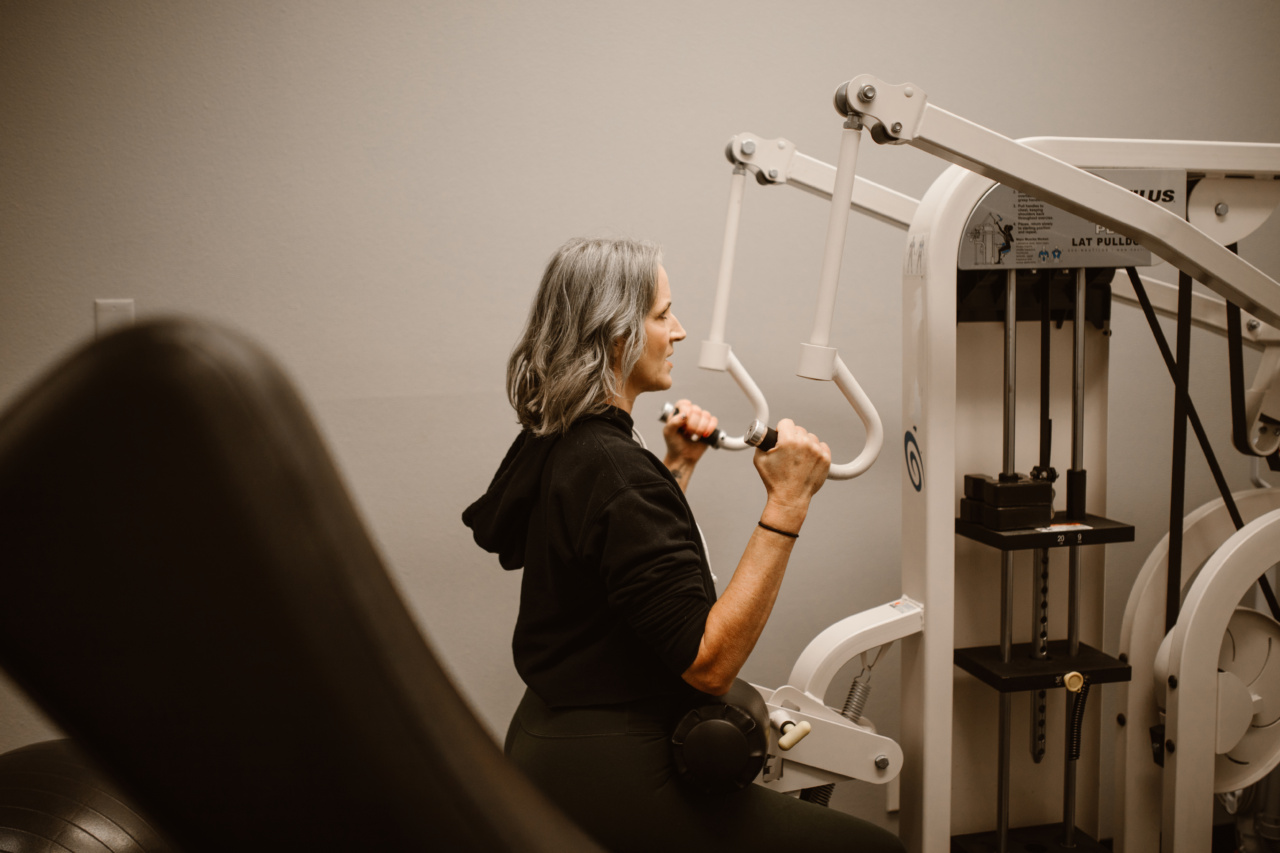When it comes to male groin health, hormones play a significant role. Testosterone, in particular, is a hormone that plays a key role in the development and maintenance of male reproductive tissues, including the testes and prostate.
In this article, we’ll take a closer look at the link between hormones and male groin health, and explore the various ways in which hormonal imbalances can impact groin health.
Testosterone and Male Groin Health
Testosterone is a hormone that is produced primarily in the testes. It plays a key role in the development and maintenance of male characteristics such as the growth of facial and body hair, deepening of the voice, and increased muscle mass.
Testosterone also plays a crucial role in the development and function of the male reproductive system, including the testes, prostate, and penis.
Testosterone levels can fluctuate throughout a man’s life, with levels typically peaking during puberty and gradually declining as a man ages.
However, some men may experience hormonal imbalances that can affect their overall health and well-being, including their groin health.
The Effects of Low Testosterone
Low testosterone, also known as hypogonadism, is a condition in which the body doesn’t produce enough testosterone.
This can be caused by a variety of factors, including aging, certain medications, and underlying health conditions such as diabetes or obesity.
Some of the potential effects of low testosterone on male groin health include:.
- Reduced sex drive
- Erectile dysfunction
- Decreased sperm count
- Reduced muscle mass and strength
- Increased body fat, particularly in the abdominal area
- Weaker bones and increased risk of fractures
The Effects of High Testosterone
While low testosterone can have negative effects on male groin health, having too much testosterone can also have negative consequences.
High testosterone levels, also known as hypergonadism, can be caused by certain medications, tumors, or underlying health conditions such as congenital adrenal hyperplasia.
Some of the potential effects of high testosterone on male groin health include:.
- Acne and other skin problems
- Baldness or hair loss
- Enlarged prostate
- Reduced sperm count
- Increased risk of blood clots and heart disease
Hormonal Imbalances and Groin Health
Hormonal imbalances can have a significant impact on male groin health. In addition to low or high levels of testosterone, other hormones such as estrogen, progesterone, and prolactin can also affect male reproductive health.
For example, high levels of prolactin, a hormone that stimulates breast milk production, can cause erectile dysfunction and low sex drive in men.
Other hormonal imbalances that can affect male groin health include:.
- Thyroid problems
- Adrenal gland disorders
- Pituitary gland disorders
- Obesity
- Diabetes
Treating Hormonal Imbalances
If you’re experiencing symptoms of a hormonal imbalance that’s affecting your groin health, it’s important to talk to your healthcare provider.
Depending on the underlying cause of your hormonal imbalance, your healthcare provider may recommend various treatment options, including:.
- Hormone replacement therapy
- Medications to treat underlying conditions such as diabetes or thyroid problems
- Weight loss and lifestyle changes
- Surgery to remove tumors or other growths
Maintaining Male Groin Health
Whether you’re dealing with a hormonal imbalance or not, there are several things you can do to maintain good male groin health:.
- Practice good hygiene by keeping the genital area clean and dry
- Wear loose-fitting clothing and avoid tight jeans or underwear
- Use protection during sexual activity to reduce the risk of sexually transmitted infections
- Eat a balanced diet and get regular exercise to maintain a healthy weight
- See your healthcare provider regularly for routine check-ups and screenings
Conclusion
Hormones play a vital role in male groin health, affecting everything from sex drive and erectile function to muscle mass and bone density.
If you’re experiencing symptoms of a hormonal imbalance that’s affecting your groin health, it’s important to talk to your healthcare provider. By addressing underlying hormonal imbalances and maintaining good hygiene and lifestyle habits, you can help ensure optimal male groin health.




























